Organizers
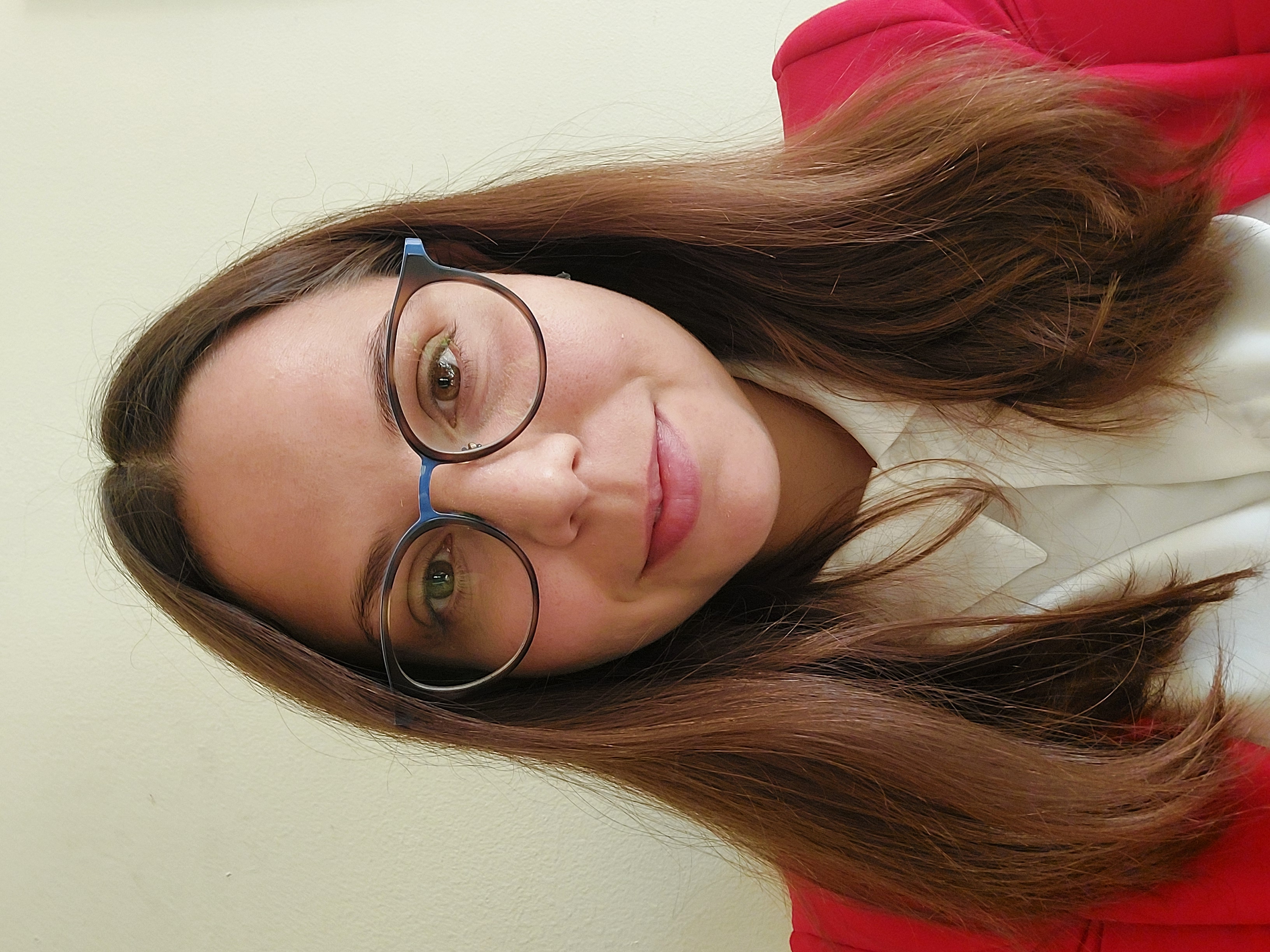
Eleonora Zedda
Postdoctoral Researcher @ Human Interface in Information Systems (HIIS) lab, Institute of Information Science and Technologies "Alessandro Faedo" (ISTI) - National Research Council of Italy (CNR), Italy.
<eleonora.zedda@isti.cnr.it>
Dr. Eleonora Zedda (she/her) is a National Research Council (CNR) post-doctoral researcher. Her research revolves around human-robot interaction (HRI), specifically focusing on social robotics. Her primary research focuses on connecting users and robots by developing robot personalities and adapting robot behaviours to meet users' needs. Her approach aims to make human-robot interaction more intuitive and enjoyable for users by designing robots' behaviour that can understand and adapt to users' states.
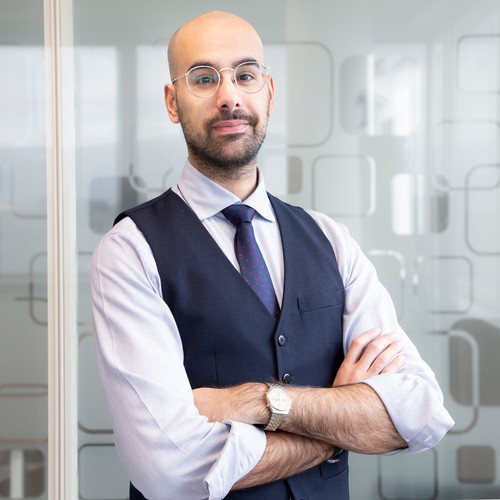
Marco Matarese
Assistant Professor @ Free University of Bozen-Bolzano, Italy.
<marco.matarese@unibz.it>
Marco Matarese (he/him) is an Assistant Professor at the Free University of Bozen-Bolzano. His main research interests go from the robots’ influence to explainability in collaborative human-robot interaction. He obtained a bachelor's and an M.Sc. in computer science at the University of Naples Federico II, and subsequently completed a PhD in bioengineering and robotics at the University of Genoa and the Italian Institute of Technology. He collaborate with several institutions, including Trinity College Dublin, and the Universities of Paderborn, Bielefeld, Bratislava, and Naples.
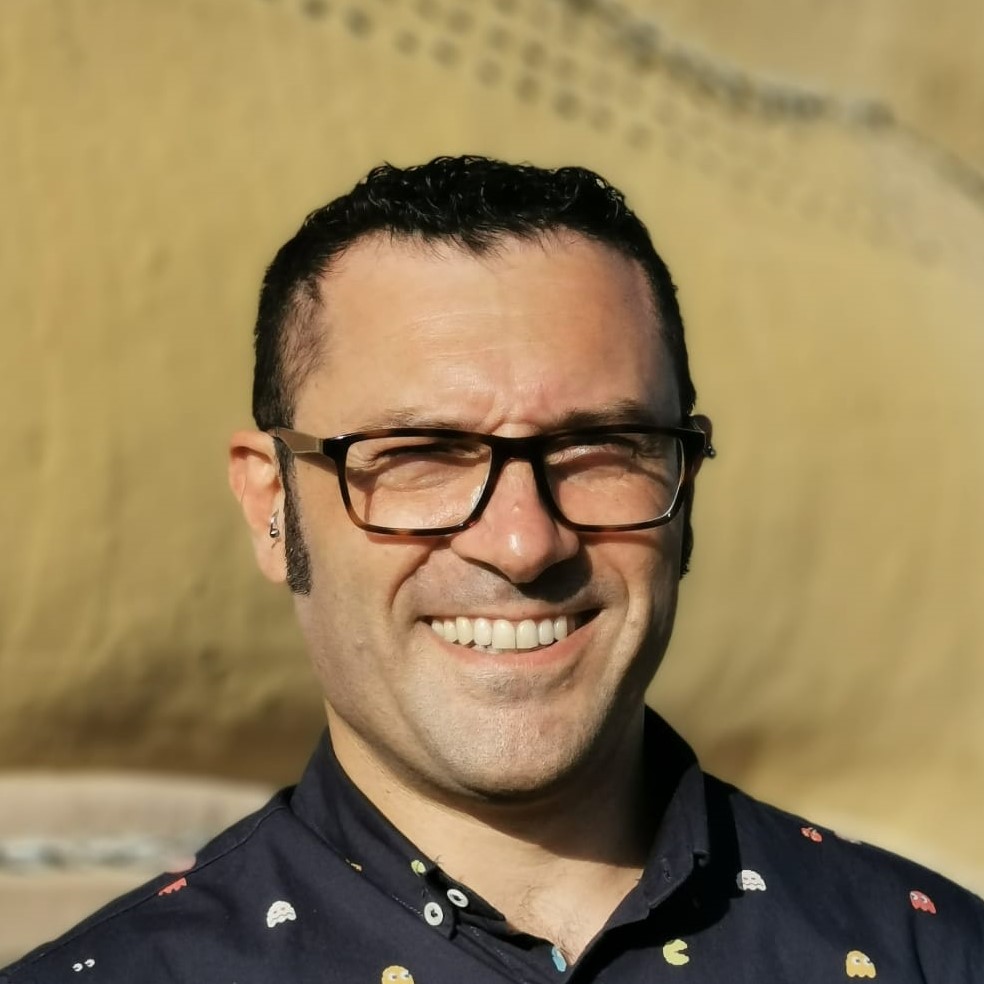
Marco Manca
Researcher @ Human Interface in Information Systems (HIIS) lab, Institute of Information Science and Technologies "Alessandro Faedo" (ISTI) - National Research Council of Italy (CNR), Italy.
<marco.manca@isti.cnr.it>
Dr. Marco Manca (he/him) is a National Research Council (CNR) researcher. His research interests lie within Human-Computer Interaction (HCI), specifically focusing on Human-Robot Interaction (HRI), End-User Development, accessibility, and usability of user interfaces. In Human-Robot Interaction, he has dedicated his efforts to studying the interaction between individuals with Mild Cognitive Impairment (MCI) and Humanoid Robots. He holds the role of Late Breaking Work co-chair for EICS 2024 and served as Poster/Demo co-chair for the IUI 2020 conference and Demo co-chair for the MUM 2019 conference.
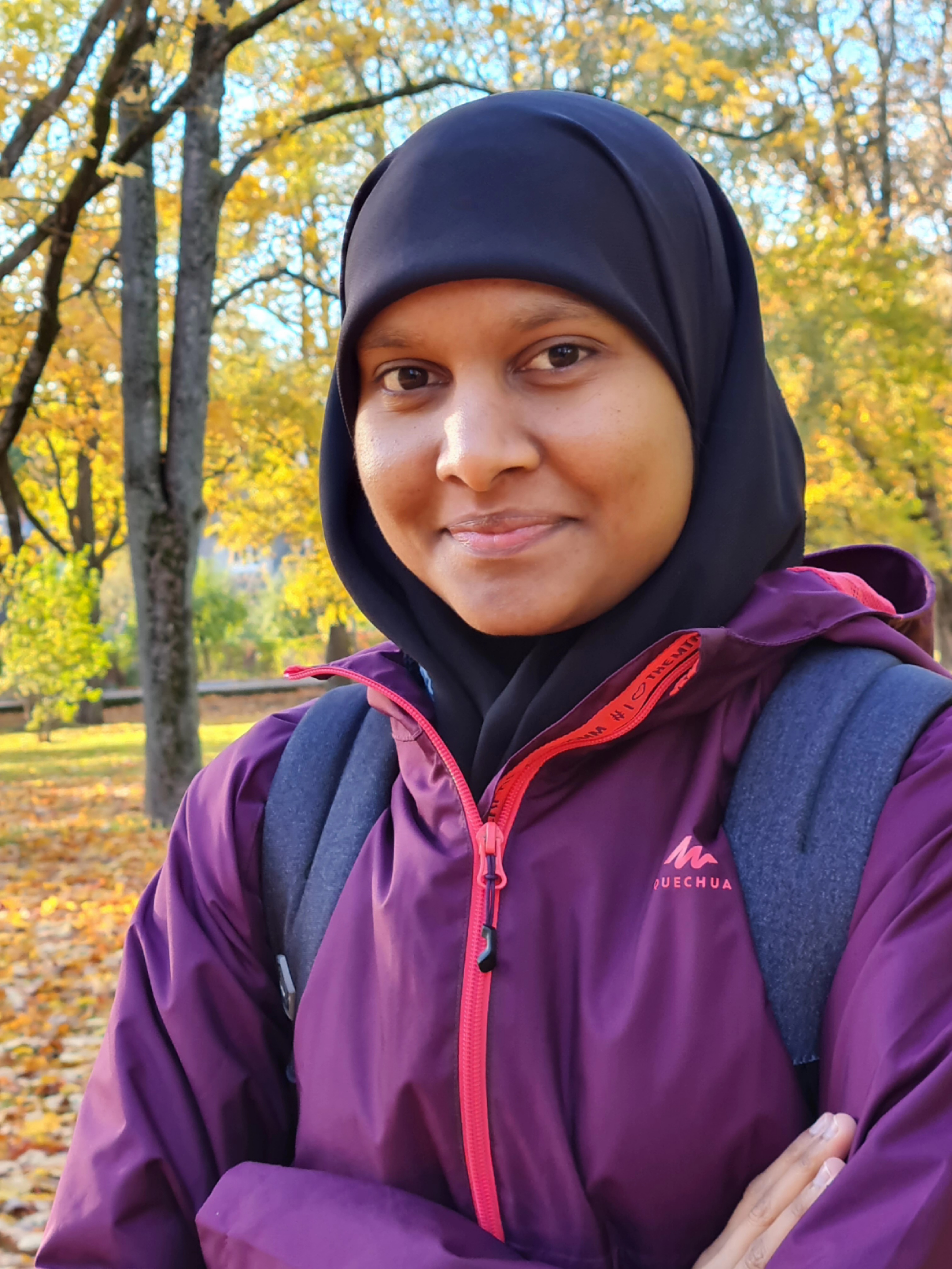
Farnaz Baksh
PhD Student @ University of Tartu, Estonia.
<farnaz.baksh@ut.ee>
Farnaz Baksh (she/her) is a roboticist and researcher specialising in human-robot interaction and social robotics. She is a Junior Research Fellow | PhD Student at the University of Tartu, where she focuses on designing open, adaptable, and ethically responsible robotic companions to support student learning and wellbeing. Farnaz leads the development of the open-source robotic study companion project (rsc.ee), supervising and mentoring university students in their research.
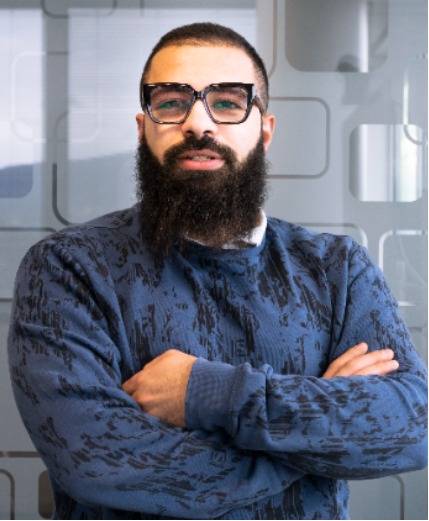
Omar Eldardeer
Postdoctoral Researcher @ Istituto Italiano di Tecnologia (CONTACT group), Italy.
<omar.eldardeer@iit.it>
Dr. Omar Eldardeer is a Post-Doc at the Italian Institute of Technology. His research interests lie in robot perception and learning, focusing on audio-visual biologically inspired models. Omar earned his M.Sc. in Artificial Intelligence and Robotics from the University of Essex, UK. Subsequently, he obtained his Ph.D. From the University of Genova and the Italian Institute of Technology. His doctoral research centred on multimodal cognitive architectures for Human-Robot shared Perception. Following his Ph.D. Omar contributed to the EU project VOJEXT.
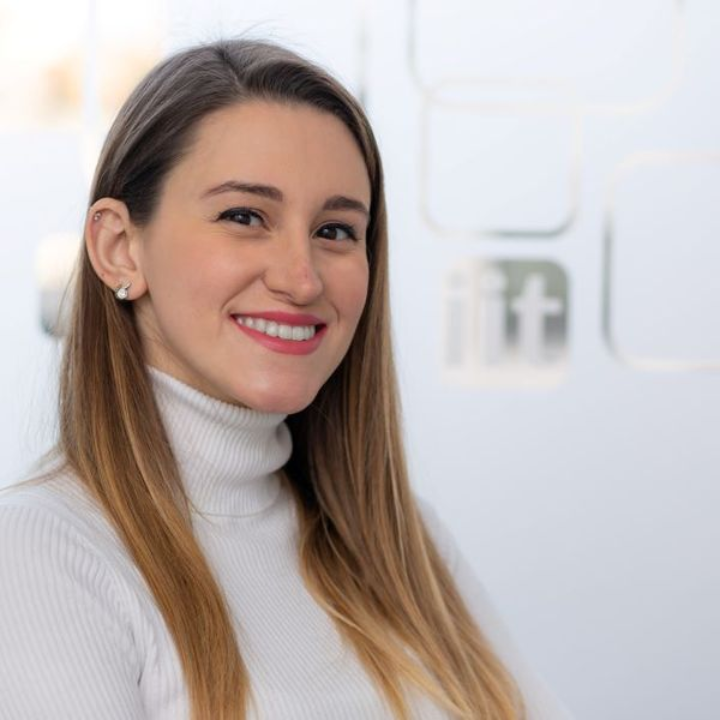
Francesca Cocchella
Ph.D. Student @ Istituto Italiano di Tecnologia (CONTACT group), Italy.
<francesca.cocchella@iit.it>
Francesca (she/her) is a Social Psychologist Ph.D. Student at the Italian Institute of Technology (IIT) in the COgNiTive Architecture for Collaborative Technologies (CONTACT) unit in the Cognitive Robotics, Interaction and Rehabilitation Technologies. Her main research interests include the social cognition of humanoid robots, the study of trust in robots, and group interactions. Since 2021 she has collaborated with the Laboratory of Social and Language Psychology as a research trainee at the University of Genoa, in which she researches about cognitive anthropomorphism of humanoid robots.
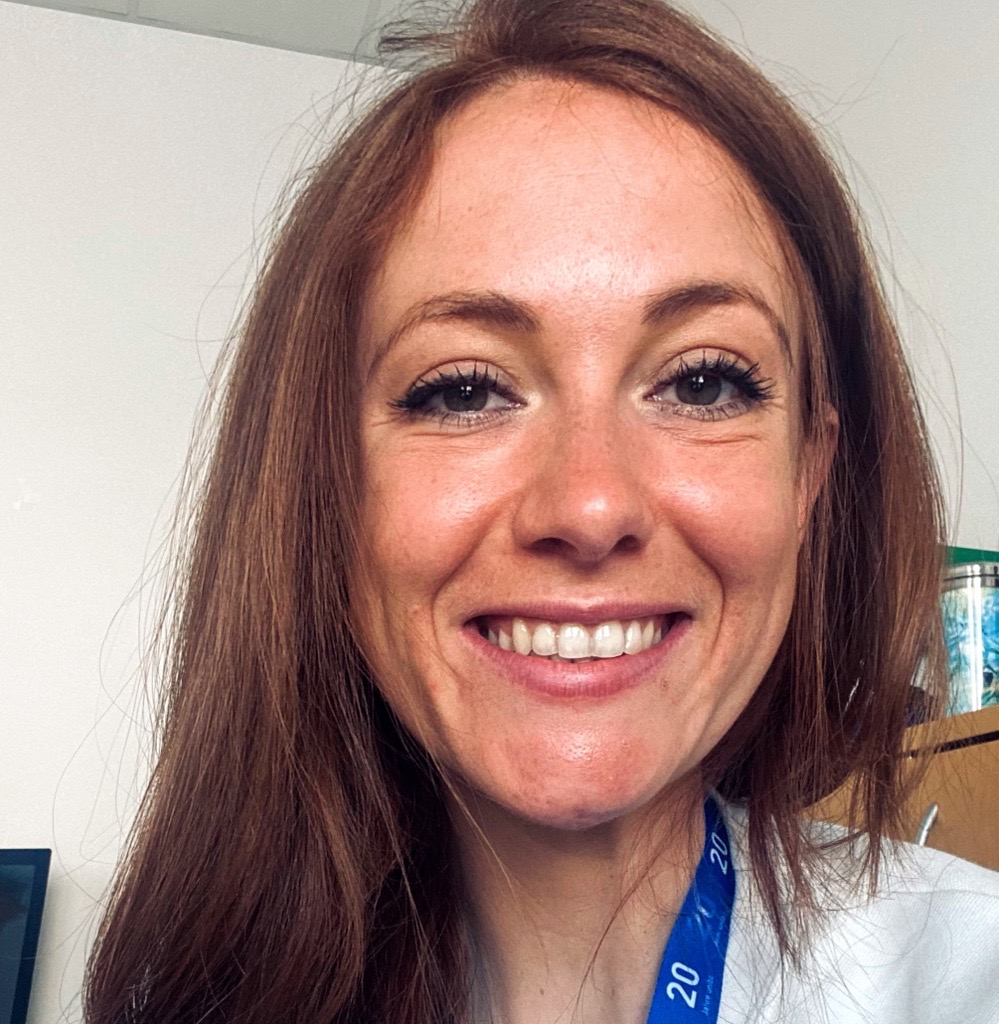
Andrea Rezzani
Ph.D. Student @ Free University of Bozen-Bolzano, Italy
<andrea.rezzani@student.unibz.it>
Andrea Rezzani (she/her) is a cognitive psychologist and PhD student at the Free University of Bozen-Bolzano. Her supervisors are Prof. De Angeli, Free University of Bozen-Bolzano, Dr. Menéndez-Blanco, Free University of Bozen-Bolzano, and Prof. Bushman, The Ohio State University. Her research project aims to investigate robot abuse when users engage in aggressive behaviours against robots, focusing on understanding the role of robots’ design. Andrea has been part of the Organising Committee of the 14th Edition of the Biannual Conference CHItaly’21 as Local Chair.